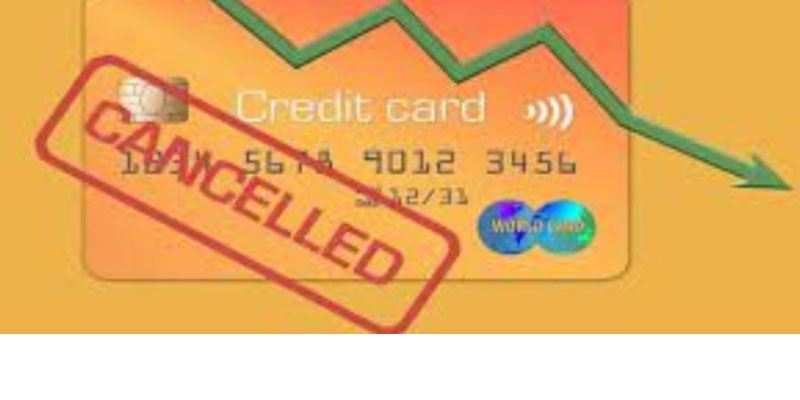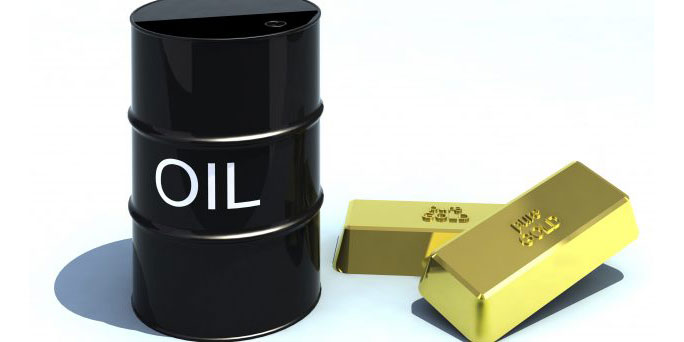You already know how crucial it is to use your credit card responsibly, stay within your spending limits, and pay your monthly account on time. The frequency with which you use your credit card is a potentially crucial aspect to consider. Your credit card company may cancel your account if you don't use it frequently enough. Although the frequency with which you should use your credit card varies by provider, most experts agree that using it once per three to six months is optimal. Putting away your credit card once the balance is paid off may seem sensible and fair unless you have a spending issue or are having trouble keeping up with payments. The "out of sight, out of mind" mentality sometimes works.
What Happens When Credit Cards Are Not Used?
Using your credit card to increase your credit score is not set in stone. If your credit card account has not been used for a particular number of months, the card issuer may close it. Credit card companies vary in their grace periods, but you should expect anywhere from 12 to 24 months. Since many stores with a certain percentage of their cardholders use their cards primarily during semi-annual sales or promotional events, they may allow a longer time of inactivity than banks do with their store-branded credit cards.
You Are Using Your Credit Card Regularly
If you want to keep your credit card account open and operational, you must use it at least once every three months. This regularity also guarantees that your card issuer will keep providing timely updates to the credit bureaus. Debt.org explains the primary channels through which credit agencies can obtain your most recent financial details:
Information That Has Been Reported

Creditors (sometimes called "data furnishers"), including financial institutions, credit card firms, and auto finance institutions, send information about their customers and accounts to the credit bureaus.
Information Purchased
To generate your credit report, credit bureaus can purchase data to utilize. It might buy tax liens or bankruptcies from the government.
Information That Is Shared
Credit reporting agencies are sometimes required to exchange data. When a fraud warning is first placed with one of the bureaus is a prime example. If that's the case, you must share the sign with the other agencies. If you have numerous credit cards and want to maintain all of them in good standing, it's a good idea to spread out your little expenditures among them. Just be sure to pay off your balances on time and in full each month. Your credit score is affected by everything that is reported about you.
Multi-Card Juggling
The average American has three open credit cards with a combined amount of $5,525.3 in 2021. If you want to increase your credit score proactively by carrying many credit cards but not using any of them, you might want to try a plan in which you divide your credit cards into three groups and switch between them every three months. For instance, the first set might be utilized in January, April, July, and October. The subsequent stage is planned for February, May, August, and November. Even if you must use your credit card frequently to keep it active, this is no excuse to go on a wild shopping binge.
Inactivity Warnings May Not Be Sent

Expect no warning before your credit card company closes your account, although you might get a letter afterward. Similarly, you will not be notified if you have an inactive credit card that is no longer being reported.
Conclusion
Every credit card holder can relate to the first explanation because (or charge card). The second is true exclusively with annual-fee credit cards. As with many other areas of personal finance, most resources for managing credit card debt encourage passivity. Also, if any of your cards charge an annual fee, you should examine whether or not the benefits outweigh the price. We'll go over the steps you can take now to save your accounts from being frozen for lack of use later.



